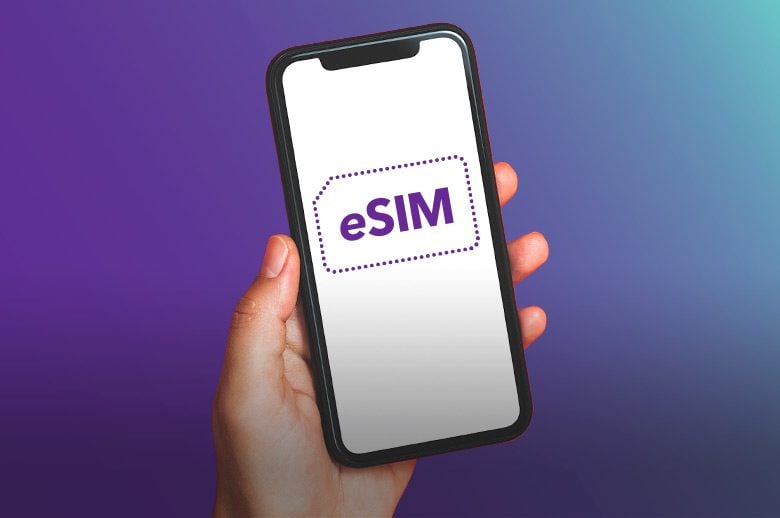If you have a smart home, or aspire to have one, surely an indispensable piece, which sooner or later will enter the walls of your home, is the voice assistant. Alexa, Siri and Google Assistant are the most famous voice assistants with the greatest presence on the market. But which of these is better? Depending on your needs, and also the devices you currently have in your home, you will have to resort to one option or another. If you want to know what its main differences are, below we offer you all the details.
All of these guides to help users find the best product for them always end with “finding the best voice assistant for you will depend on your specific or particular needs.” But beyond that, between Alexa, Siri and Google: who fails less? Who answers faster? Who gives you the best and most useful answers? These, it seems, are concepts that can be measured from a certain objectivity. Therefore, here we reveal which of these three voice assistants is better.
How are Alexa, Siri and Google different?
In addition to your particular needs and preferences, a key aspect when it comes to differentiating between these devices is their compatibility with the devices that are already in your home. Here, you have the analysis of the functionalities and compatibilities of each one:
Amazon Alexa
Alexa is known for its extensive compatibility with more than 60,000 devices from about 4,500 different manufacturers. This makes it the undisputed king of home automation. From light bulbs to vacuum cleaners, Alexa can control everything with voice commands. Plus, it has thousands of “Skills” that expand your capabilities, from ordering food to telling jokes, and it’s very easy to use.
As a negative point, the fact that it collects and uses its customers’ data to improve its services, this leads to some users who are very jealous of their privacy.
Google Assistant
Being integrated into all modern Android devices, it is available on smart speakers, Smart TVs and more. Its strong point is the perfect integration with Google services such as Calendar, Maps and Photos. It also has an impressive ability to understand and answer complex questions thanks to its access to the Google search engine. And in addition to Android devices, it also runs on iOS, offering a fluid experience. The weak point is that, although it is on many devices, its compatibility with third-party gadgets is not as extensive as that of Alexa.
Google’s hardware equipment is really good, very advanced, and has the latest technologies for home automation such as Thread or Matter, however, the software is still not developed enough to provide a good user experience.
Apple Siri
It is Apple’s voice assistant and is available on all iOS devices, such as iPhones, iPads, and HomePods. It is designed to integrate seamlessly with the Apple ecosystem, which has much more closed policies so that your data is not shared without your consent. At least, that is the intention at first. It integrates seamlessly across all Apple devices for a unified user experience.

On the other hand, it is less compatible with third-party devices, which limits its capabilities when you are not surrounded by Apple-branded devices.
The good thing about Siri is that Apple HomeKIT devices have local administration, no need to use the cloud like Alexa or Google Assistant. In the official Apple HomeKIT app we can control all the devices, in fact, if you use Home Assistant you will have seen that there is an integration to act as a HomeKIT server, and that the devices connect locally, in order to function without the need to connect to Internet.
So, in order not to repeat ourselves with the hackneyed phrase of “the choice of the ideal voice assistant depends on your specific needs”, we tell you that, if you already use many Apple products, Siri is clearly the right choice, if you are looking for compatibility with a wide range of devices: Alexa is your best option. And if what you value above all in your assistant is intelligence and natural language processing: Google Assistant.
Look to see what devices you already have at home and how you would like to expand your Smart Home to make the right decision. With any of these voice assistants, you’ll be one step closer to having a truly smart home. With this guide, I hope you can save yourself compatibility problems in the future.













